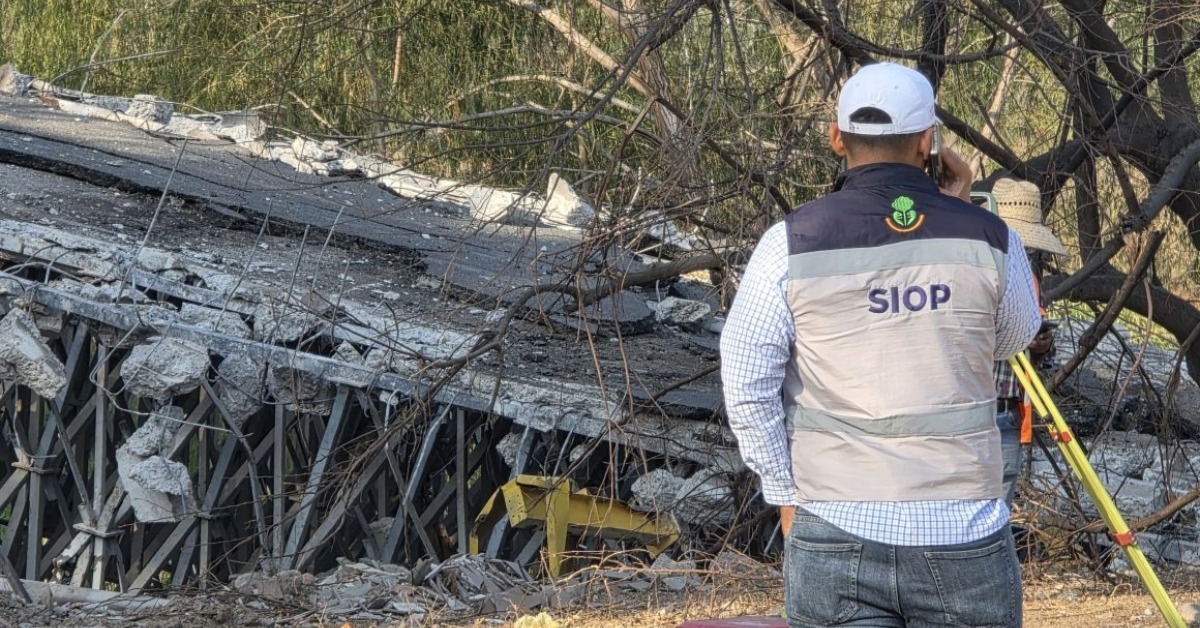The Mexican government has released its much-anticipated new rules on its oil sector, putting some meat on the bones of major energy reforms it announced last year. The rules appear to be crafted with the intention of attracting quick investment from international oil companies, according to the Wall Street Journal.
Mexican President Enrique Pena Nieto has made energy reform a centerpiece of his agenda for a reason: Mexico’s economy is dependent on oil. Its oil industry accounted for 32 percent of government revenues in 2013. But in the last decade, production has been on the decline.
Oil production . . .





